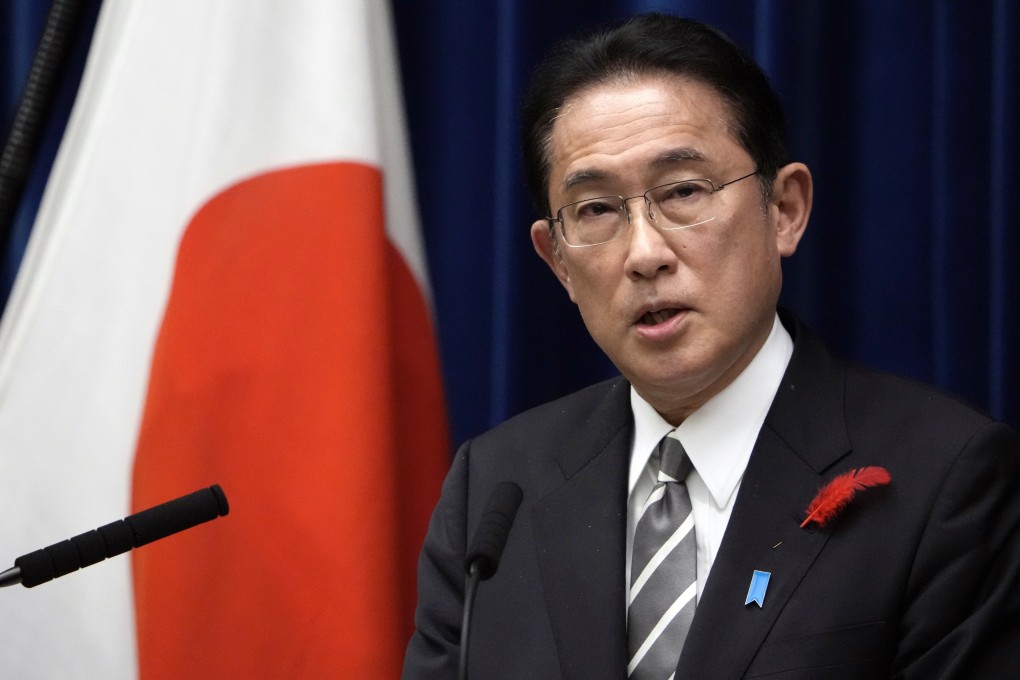PM Kishida tells voters only LDP can keep Japan safe from security threats, ahead of October 31 poll
- China’s military assertiveness and nuclear-armed North Korea are Japan’s main causes of concern
- He also plans to double defence spending to some US$100 billion to appeal to conservatives, even though most voters are worried about Covid-19 and the economy

“The opposition parties cannot even reach a consensus on the Japan-US security alliance or the Self-Defence Forces, and we cannot let them run this country,” he told reporters on Thursday after announcing the dissolution of the lower house of the Diet. “The upcoming election is about choosing the future of Japan.”
The LDP this week announced that it would double defence spending if it won the election, with 2 per cent of GDP going to the military – a figure that translates to around US$100 billion.
Japanese governments had previously committed to maintaining defence spending below the 1 per cent threshold, in large part due to concerns that larger outlays would provoke criticism in neighbouring nations that were embroiled in various conflicts with Imperial Japan in the early decades of the last century.
Tokyo is already purchasing significant amounts of new equipment, including F-35 stealth fighters, warships, surveillance drones, landing craft, submarines, and satellite technology – and it appears that Kishida intends to ramp up spending, even though the nation’s security is not the top issue for most voters.

“Right now, ordinary people are most concerned about the coronavirus, getting an economic recovery in motion, and the day-to-day problems of earning enough to get through the month,” said Hiromi Murakami, a professor of political science at the Tokyo campus of Temple University.